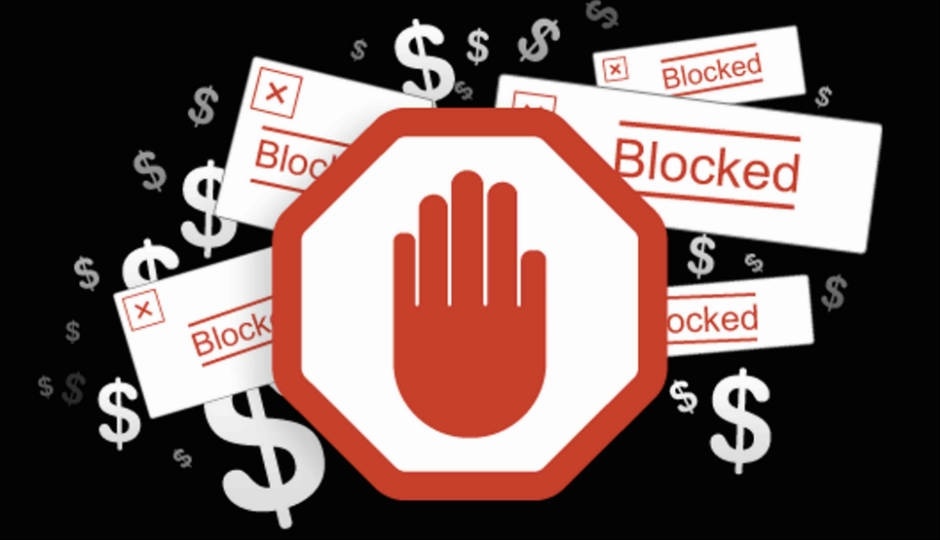It’s about time that the industry is now recognizing the issues with online advertisements is growing out of control and it’s time to take matters into their own hands.
The big news in the online advertising industry is Google plans to create an ad blocker within Chrome for both desktop and mobile by the end of this year.
The Coalition for Better Ads is making major strides to clean up the ad industry. They’re constructing a new set of rules that could affect the future of your online advertising campaigns.
Industry-Wide Ad Blocking
Google, Facebook, and Microsoft are just some of the internet giants that are part of the Coalition for Better Ads. One of their current goals is to remove digital ads that consumers seem to despise in hopes for a better consumer experience.
The coalition itself plans to create a guide that outlines the most disruptive ad experiences.
Pop ups, auto playing videos with sound, and flashing animated ads were just a few that didn’t make the cut.
Stu Ingis, counsel to the coalition stated “the end game here is to remove these types of ads which are undercutting the consumer internet experience”…” truthfully, those ads can potentially and seriously undercut the broader internet ecosystem.”
Nice right?
But why go through all this trouble?
The coalition enlisted the help of 25,000 participants from across the U.S. and Europe earlier this year to analyze ad experience on both desktop and mobile. The results revealed consumers did not fancy autoplay videos with sound, pop up ads, and ads that change color quickly.
A new study done by PageFair revealed the use of ad blockers went up by 30% in 2016 and other surprising statistics.

Now you can surf social media during your weekly meetings in peace and not have to worry about auto play videos with noise going off and blowing your cover.

Although this all sounds good, it has the potential for Google to disable third party blockers which could have some major implications for some businesses.
No official plan has been set in motion but it’s expected to be implemented by the end of this year.
The Downside
Facts are facts…
Google is presenting the ads, creating the guidelines, and now blocking the ads.
What’s the common factor in this all? Google.
If Google decides which ads are being blocked and which ads are being shown then there is a clearly a conflict of interest.
So although these guidelines could be good news for the industry, it’s important to proceed with caution.
Tracking Tracking Tracking
Critics say these new guidelines won’t address the biggest problem, which is tracking.
Jean-Paul Schmetz, CEO of Cliqz, a German privacy browser stated “the core of Google’s and Facebook’s business is to track people. The users need to have the right whether they want to be identified by third parties or not.”
Although the nature of the content seems to be the issue here they seem to be overlooking tracking. This is becoming a bigger and bigger problem in the industry that should be certainly addressed.
There is the fine line between collecting useful relevant data and infringing on the consumer’s privacy. Proponents say it yields a more personalized experience while others find it a violation of privacy.
Dr. Johnny Ryan, head of ecosystem at PageFair, an anti-ad blocking company stated: “There is a crisis of tracking right now and the European regulators have stepped in and are imposing rules that will have a global effect and radically change the tracking system as we know it.”
Final Thoughts
The industry is now getting the wake-up call they deserve since extensive research revealed the consumer online ad experience needs serious reform.
But, there is still the question of how objective these reforms will truly be.
These upcoming changes are things to keep in mind when planning your next advertising campaigns.
Since the scammers who create pop-ups, JavaScript injections, or any Adware will not be stopped (hopefully). They will have more time to focus on other malicious activity like click fraud.
Remember, bad guys will be bad guys so protect your campaigns with ClickCease.
